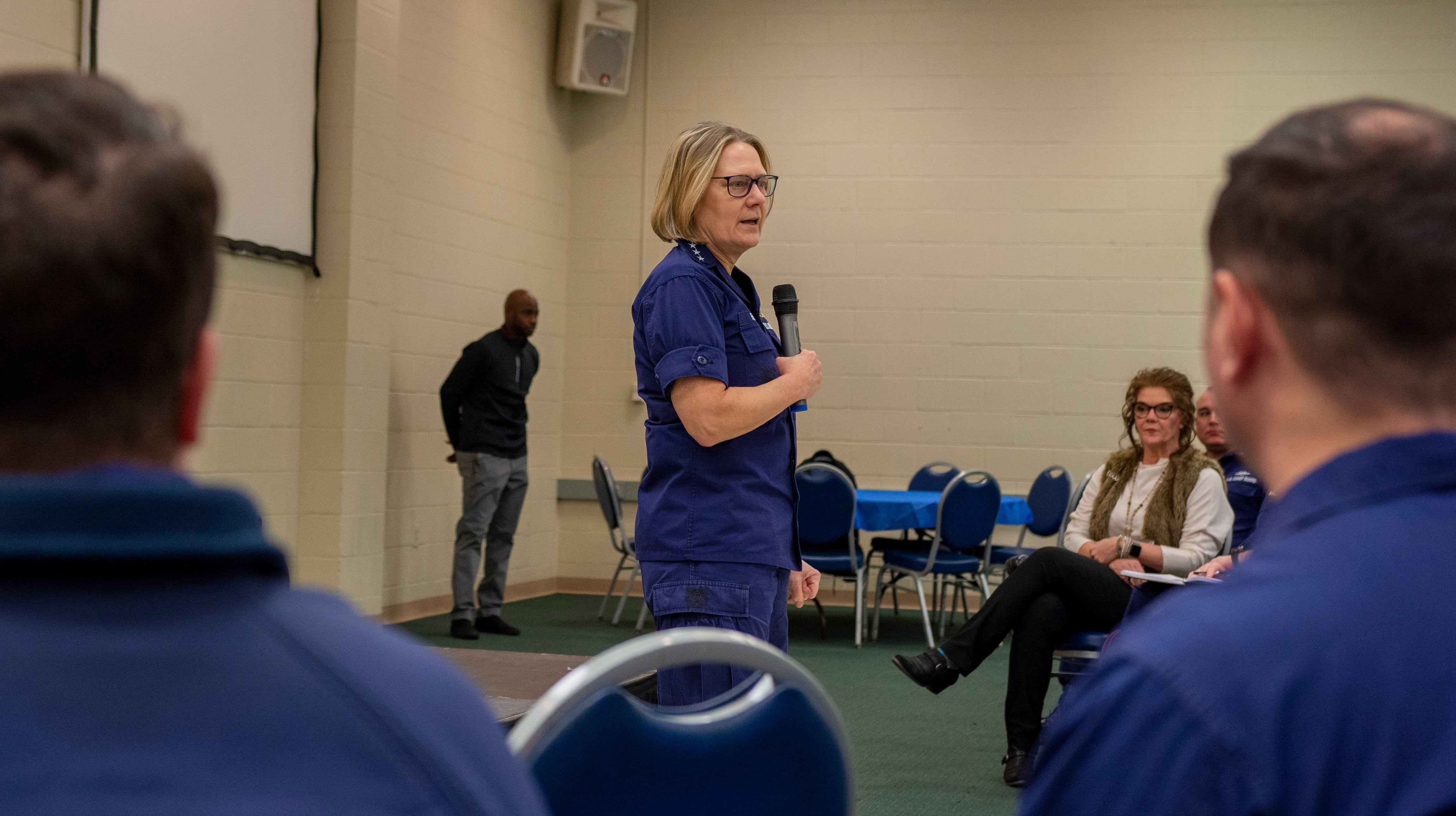WASHINGTON — Two members of the U.S. military were diagnosed with the Zika virus, but have recovered and are back on duty, the top U.S. military commander for South America said Thursday.
Navy Adm. Kurt Tidd, head of U.S. Southern Command, said both were men and that it was "a fairly straightforward procedure" to recover from the virus. He said the service members remained in the region — one was in Brazil and the other was in Colombia.
Tidd also said that one woman service member who is pregnant was transferred out of the region as a precaution.
The Zika virus is spread by mosquitoes, much like other tropical viruses, including dengue. The World Health Organization has declared that the spread of Zika in the Americas a global emergency. The virus is linked to a spike in the number of babies born with abnormally small heads and the rise in a rare neurological syndrome that can cause paralysis and death.
In other comments Thursday, Tidd said that rough estimates suggest that there are 100-150 Islamic State militants across his region, although officials in some countries say it could be higher than that.
"We need to recognize that radicalization within our region is occurring," said Tidd, who took over the Southern Command about two months ago. "There is general, broad agreement that this is a problem that we all have to pay attention to, and that we are all going to have to share information much more effectively than we might have been willing to in the past."
He said that in many cases fighters in the region are traveling overseas to join the Islamic State battle in countries like Iraq or Syria. But there also are concerns about lone wolf extremists who may stay in the region and conduct attacks there. So far, he said, officials have tracked a number of potential threats, but none have borne out.
Asked about the upcoming summer Olympic Games in Brazil, Tidd said that there have been not yet been any specific threats, but officials are planning to work together and share information as needed.





